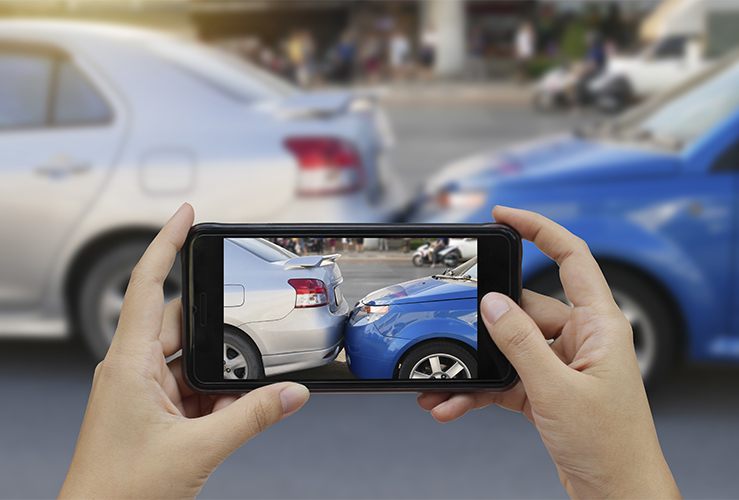Unlike many aspects of car ownership - sunroofs, personalised number plates, fuzzy dice - car insurance is not optional.
Compulsory though it may be, there are a number of ways to reduce the cost of your car insurance - sometimes to the tune of hundreds of pounds.

Here are 11 effective ways to minimise that dastardly car insurance premium...
Don't take the first quote you're given for your car insurance, or simply accept the car insurance renewal quote from your current insurer.
Shop around and you'll probably see a substantial fluctuation in offered car insurance quotes.
However, be aware that not all quotes will offer the same benefits. Ensure any car insurance quote you accept includes everything you need.
Your premium is heavily impacted by the car you drive. Some cars are simply more expensive to replace than others, driving up your premium.
Others might not be so costly to replace, but have historically been involved in a lot of collisions, deeming them "high risk".
Sportier cars with bigger engines tend to attract higher car insurance premiums, whereas smaller engined, safety-centric cars bag lower premiums.
Look for a car in a lower insurance group.
A fully comprehensive car insurance policy may be cheaper than a third party, or third party, fire and theft option. This is because some insurers see those who buy the latter as higher risk, seeking the lowest possible premium.
As well as being cheaper, fully comprehensive gives you more cover.
If you can keep your car in a garage or on a driveway, your insurer will believe your car is less at risk from theft or vandalism - and therefore offer you a lower premium.
Adding alarms, trackers and other security features will further reduce your car insurance bill.
If you choose to pay for your car insurance on a monthly basis you'll probably be hit with interest, which can be as high as 30% APR.
If you can, pay it all up front.
Those who drive fewer miles are deemed less likely to have an accident.
If you only use your car now and again, make sure this is reflected in the mileage estimate you give when you get a quote. But be sure not to lie about your mileage, since your insurer may not pay out in the event of an accident.
Additionally, if you use your car for work, you'll likely pay more - because you'll be driving at higher-risk peak times. It follows that your profession will also impact your car insurance premium.

Black box insurance is where you agree to have a "telematics' box installed in your car by your insurer, which keeps track of your driving style.
If you drive safety (or within policy rules) this will be reflected in your car insurance premium.
Black box cover is a good option for younger drivers who may otherwise be judged as being high risk. Given that younger (and male) drivers tend to pay a very high premium, this could be a great way to prove one's conscientiousness on the road.
The lower your agreed insurance excess, the more you'll pay for cover. So choosing a higher excess will invariably reduce your car insurance premium.
Of course, this does mean you'll pay more if you do have an accident, but for careful drivers, this should be less of a concern.
Completing the Pass Plus course shows you've committed to becoming a safer driver. Some insurers will offer you a discount if you pass this test. Other additional driving qualifications may also garner a discount on your car insurance premium.
You'll likely pay a higher premium if you have:
- Recently passed your test;
- Are under 25;
- Or have previous claims or convictions
If any or all of these apply, you may be able to get a discount if you add a responsible and experienced named driver to your incurance policy.
However, if you drive the car most often, you must name yourself as the main driver. Adding someone else to your policy as the main driver, who doesn't drive the car most often, is called 'fronting' and is illegal.
If you share a multi-car policy with other members of your household, you may end up paying less than with a standalone policy - but not always.
Get a dashcam - this is a camera that records your journeys and can be used to establish fault after an accident. Some insurers offer a discount if you fit one.
Don't modify your car - this can increase the perceived value of the car, increasing the cost of your premium.
Say no to add-ons - insurers may try to sell you extras like legal cover and personal accident cover, all of which increase your car insurance premium. Only choose add-ons if they will be of value to you.



